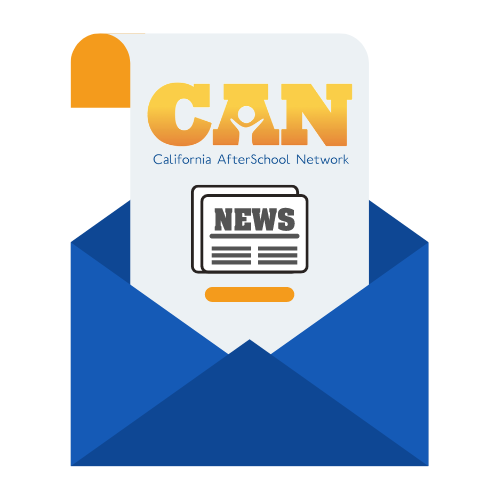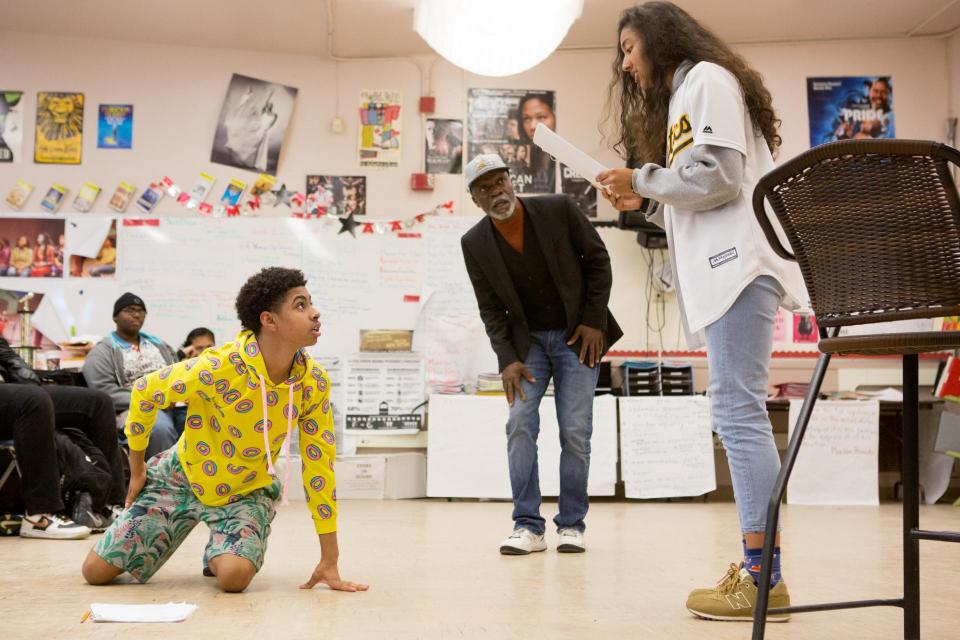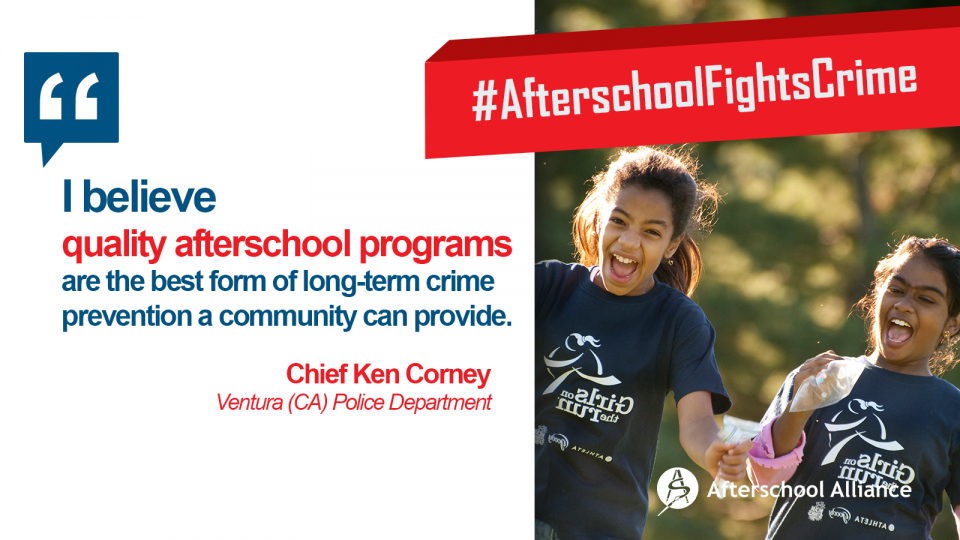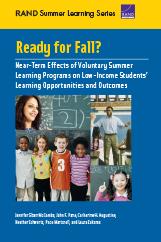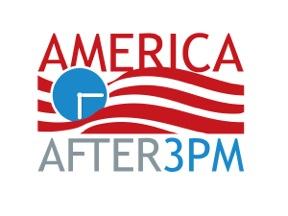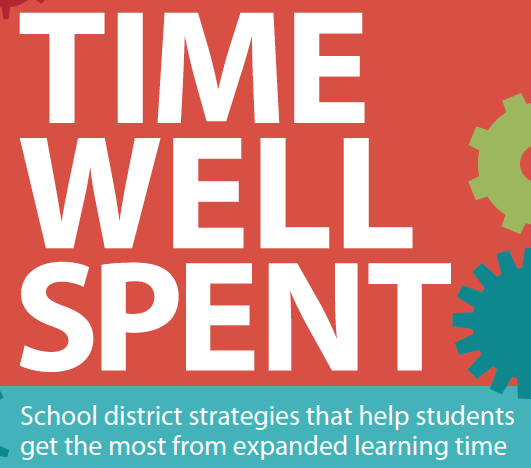Making the Case for OST
Promoting Protective Factors in California’s Afterschool Programs
June 2021
This report was created by WestEd and commissioned by the California AfterSchool Network.
The report, drawing on data from the California Healthy Kids Survey (CHKS), examines the extent to which afterschool programs* may help foster more protective factors among its participants compared to their peers who were not program participants.
Below are some excerpts from the report that outline the Protective Factors Framework and key findings.
From Risk to Opportunity: Afterschool Programs Keep Kids Safe When Juvenile Crime Peaks
Fight Crime: Invest in Kids released a new report that reinforces the vital role that afterschool programs play in turning the hours after school, and before parents return home from work, into a time of learning and growth for our young people.
RAND Releases First Student Outcome Findings from Major Summer Learning Study
The Wallace Foundation in partnership with the RAND Corporation have conducted a study to determine the effect of high-quality summer programs have on student academic success. The first set of results of a randomized controlled trial have been published in the report Ready for Fall? Near-Term Effects of Voluntary Summer Learning Programs on Low-Income Students’ Learning Opportunities and Outcomes. This report outlines initial findings which describe a positive correlation between participation in summer learning programs and math academic performance. Access the full publication.
The Excitement Builds for CA Number One Ranking
America After 3PM Report Gaining Traction Throughout the State
On October 16th, the After School Alliance released the America After 3pm report which ranks California number one in the nation for after school. The release was announced in a press release by State Superintendent of Public Instruction Tom Torlakson. Arnold Schwarzenegger applauded California’s number one ranking in an audio press release.
California Ranks Number One for After School!
Although More Work Remains Before All Children Have Access to a Program
The Afterschool Alliance recently released America After 3PM, during an audio news conference featuring Arnold Schwarzenegger and Afterschool Alliance Executive Director, Jodi Grant. America After 3PM is a national household survey that assesses participation, access, public support for after school, and family satisfaction with after school programs.
Grantmakers for Education’s Recent Report Reveals Important Information About After School Programs
A recent report released by Grantmakers for Education and the Wallace Foundation focuses on the value and importance of after school programs in children’s academic experience. However, a major problem that the expanded learning time field faces is the shortage of quality after school programs in comparison to the demand. This report, by surveying a variety of grant makers, practitioners, researchers, educators, and advocates, seek to find out where the field currently stands, obstacles the field must overcome, and how to make progress.
Omnibus Spending Bill Ensures Renewed Federal Support for After School, Summer Learning
On January 13, 2014, House and Senate appropriators released the Omnibus Appropriations Bill which restores the 21st Century Community Learning Centers (21st CCLC) initiative. The bill allocates additional funds that support after school and summer programs. With the additional funding, over 60,000 children will have access to quality after school programs.
To read the full article, click here.
New Report and Webinar Outlines Strategies for Effective District/Expanded Learning Program Partnerships
The Partnership for Children & Youth recently released Time Well Spent: School district strategies to help students get the most from expanded learning time. The report examines diverse partnership models, documents successful mutually beneficial partnership strategies, highlights common successes and challenges, and provides tips for effective practice.
The Food Research and Action Center (FRAC)
The Food Research and Action Center (FRAC) is the leading national nonprofit organization working to improve public policies and public-private partnerships to eradicate hunger and undernutrition in the United States. FRAC works with hundreds of national, state and local nonprofit organizations, public agencies, and corporations to address hunger and its root cause, poverty.
Resource Note: Improving State Coordination of Development Services
This Resource Note highlights strategies and initiatives that state policymakers, program officials, and other leaders can use to improve the coordination and funding of youth workforce development programs.
Strengthening Afterschool for Older Youth Through Policy and Practice
The American Youth Policy Forum recently released a policy brief entitled Strengthening Afterschool for Older Youth Through Policy and Practice: A Policy Brief. This four-page policy brief outlines reasons after-school opportunities are important and identifies five key areas that strategic policy efforts that can strengthen after-school opportunities including recommendations to ensure after-school opportunities for disadvantaged and older youth.

